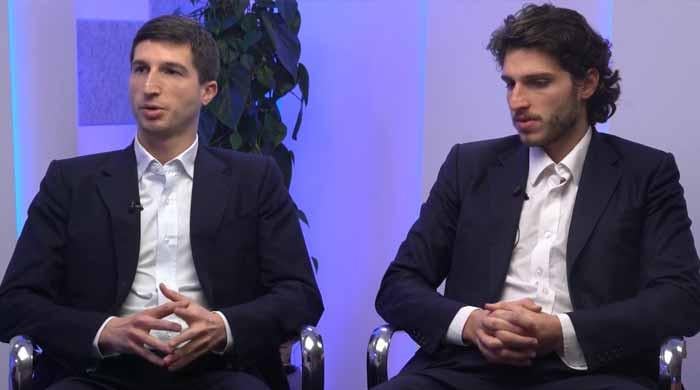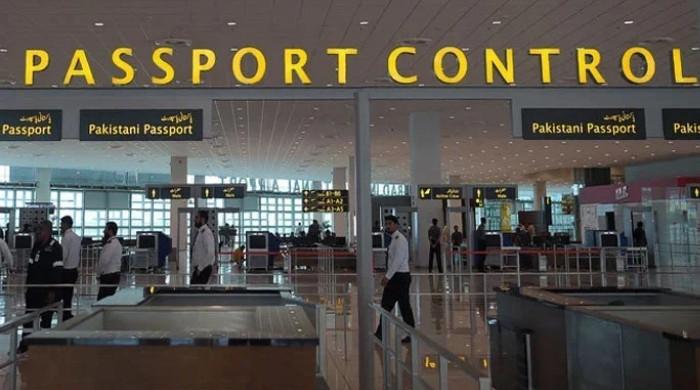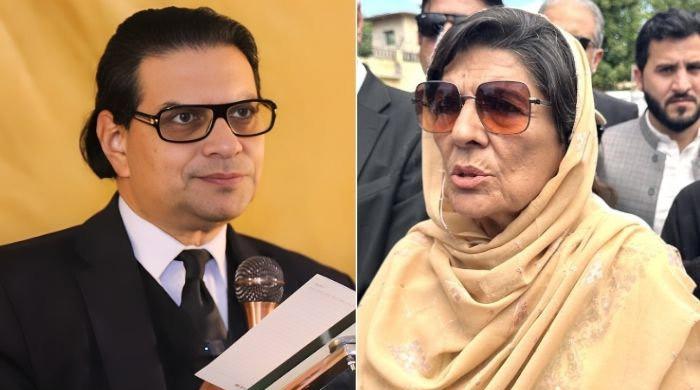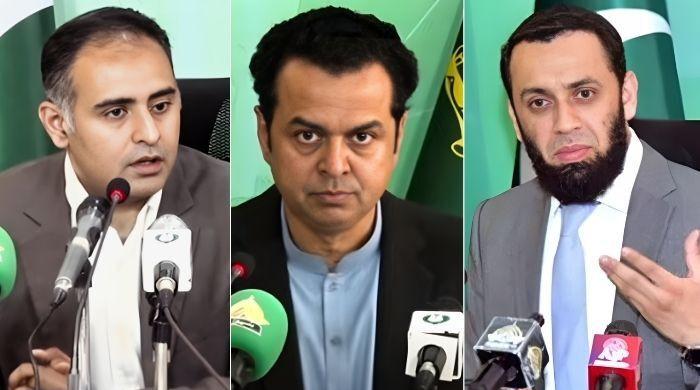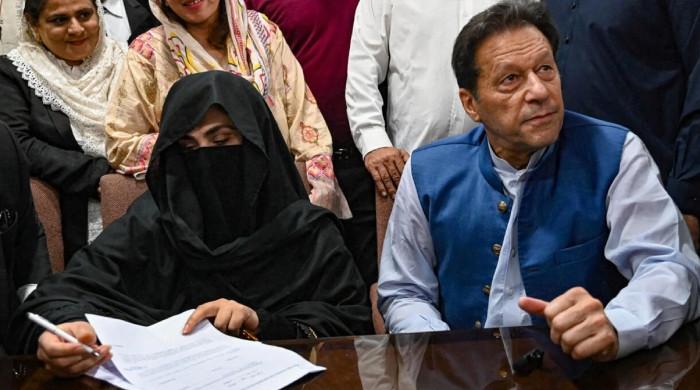Pemra bans destroying TV industry: Justice Isa
SC judge criticises regulatory authority for imposing restrictions on news channels
March 16, 2023
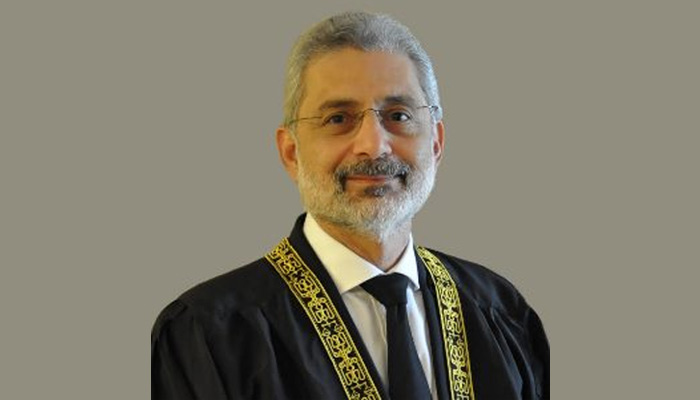
- Pemra criticised for imposing restrictions on news channels.
- Body generating revenue by giving licences to them: Justice Isa.
- Pemra can take action if somebody airs false news, judge says.
ISLAMABAD: Supreme Court Justice Qazi Faez Isa said Wednesday that the Pakistan Electronic Media Regulatory Authority (Pemra) was destroying the TV industry while imposing undue restrictions on news channels, noting the regulator was generating revenue by giving licences to them.
The judge, while raising objections to the constitution of a special bench for hearing a suo moto case on granting 20 extra marks to medical students for being Hafiz-i-Quran, refused to hear the instant case.
Justice Isa criticised the regulatory authority for imposing restrictions on news channels and not allowing them to air news on the conduct of judges of the judiciary.
He questioned how one could suppress the voice of the media, adding that an impression is being given that the court has suppressed the voice of the media.
Attorney-General Shahzad Ata Elahi submitted that, in its letter, Pemra has refrained the satellite channels from airing news on judges’ conduct and state institutions.
Justice Isa said that the Supreme Court is not a state institution but a constitutional regulatory body, adding that Pemra has upgraded the status of the apex court.
The judge said that when abusive language is used against a civil judge, Pemra doesn’t speak and questioned whether judges of the subordinate judiciary were lesser creatures.
"Why Pemra doesn’t take action on speaking against a sessions judge, civil judge, or magistrate?" the judge asked.
The judge said that Pemra could take action if somebody gives false news, adding that if the news is blocked on news channels, people will then watch social media.
Justice Isa said that if he does not do anything wrong, his conduct could not come under discussion, asking if somebody becomes a judge of the Supreme Court, he could not be questioned.
“This is the reason Pakistan’s judiciary’s ranking is so poor,” the judge remarked.




